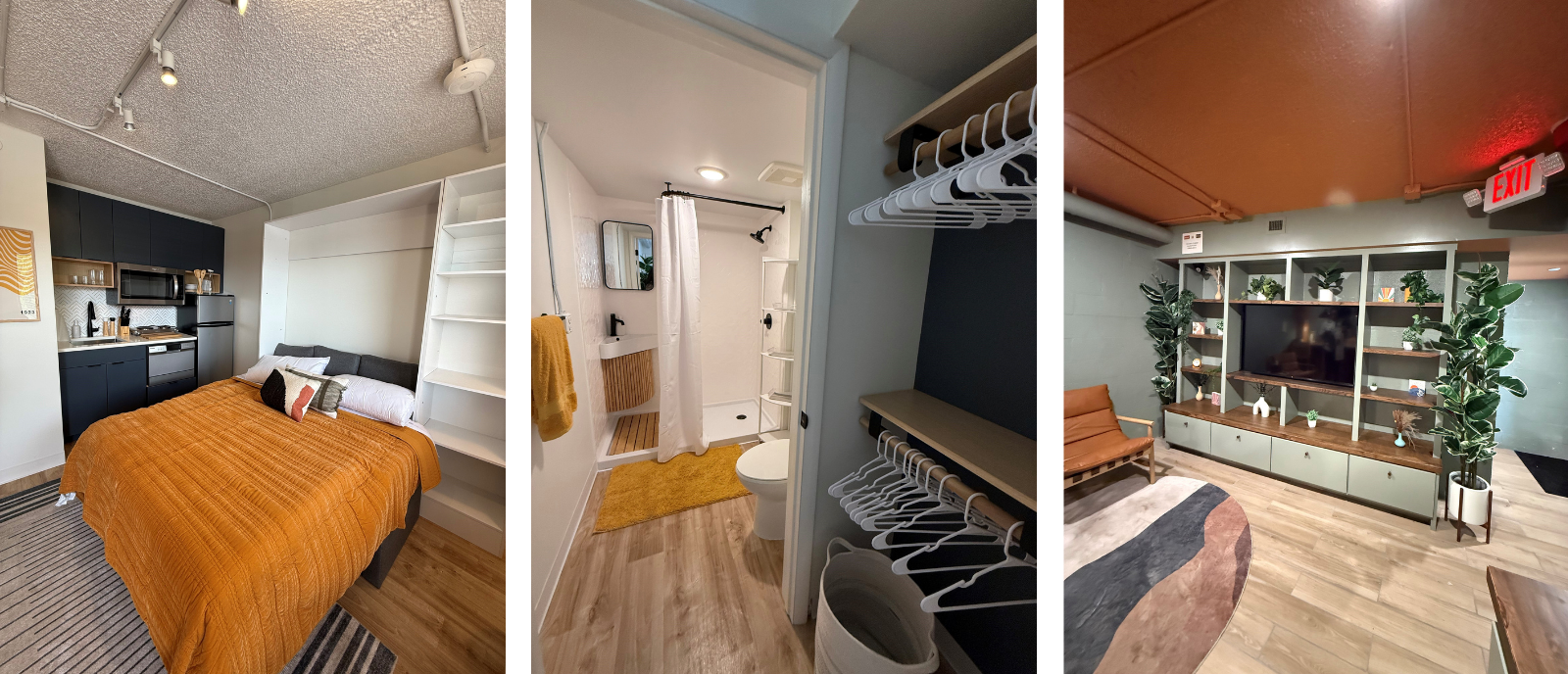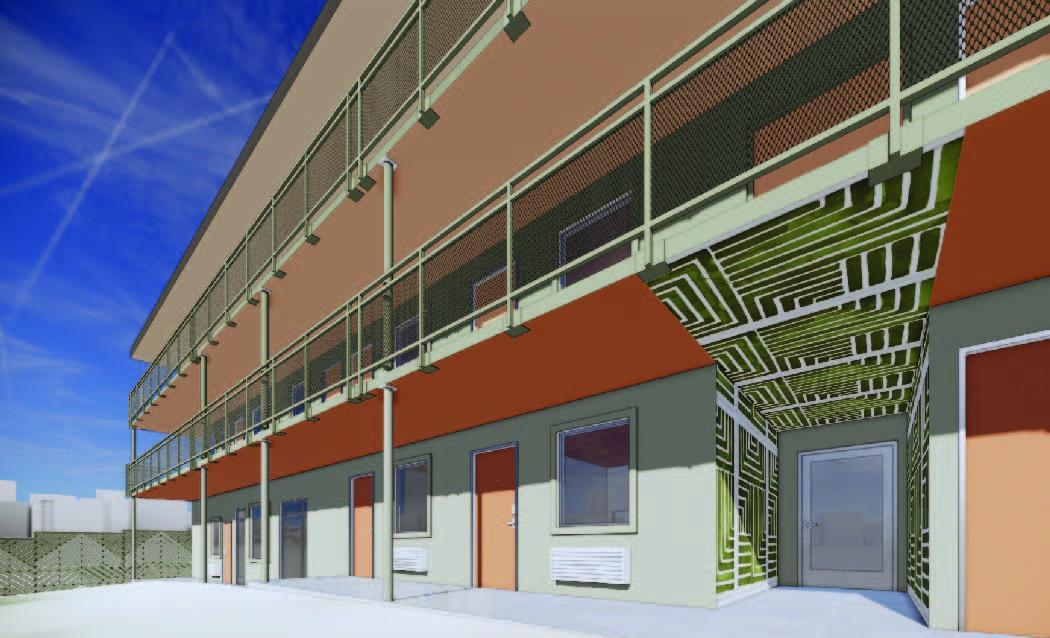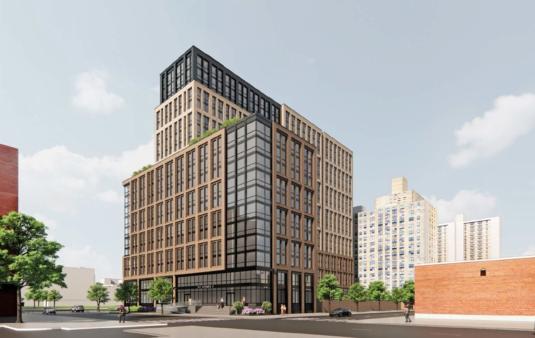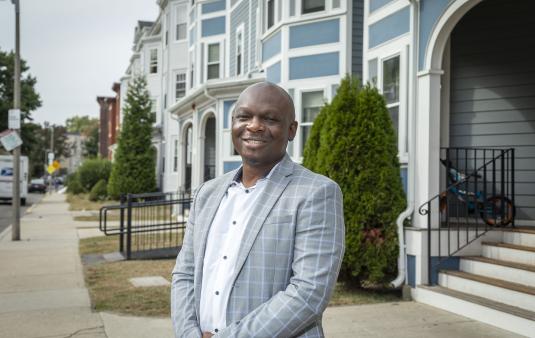Adaptive reuse provides real estate developers and the communities they serve with numerous benefits. It maintains existing architectural structures, incorporates modern energy-efficient materials, minimizes pollution and waste, and converts vacant, abandoned, or deteriorated properties into valuable opportunities. The Perch represents a transformative step in North Nashville, turning a former motel into a valuable housing resource in a high-demand area.
Developers Clay Adkisson and Austen Helfrich have purchased and are renovating The Perch formerly known as the King's Inn with a $6.67 million loan from BlueHub Loan Fund and local community development financial institution, The Housing Fund. It will provide 55 units of workforce housing with 20% of the units deed-restricted to individuals earning at or below 50% of AMI.
Adkisson and Helfrich have additional projects in predevelopment across the street. “We’re building a community within the community,” Helfrich says. “We gave the mayor’s office a tour recently, and they asked, ‘How did you make this happen? We have been trying for 10 years.’” The answer is that the team works closely with the community. “The community’s leaders are excited that we are transitioning transient properties into permanent housing for Nashvillians. We aren’t moving out any existing residents. We are just adding to the total housing stock.”

“If you can help community leaders breathe new life into existing assets without disrupting the fabric of the neighborhood, that is a win.” He continues, “Those considerations drive the scale and location of the projects we seek. And it’s why we focus on adaptive reuse.”
Adaptive reuse not only keeps construction costs lower than ground-up development but also maintains neighborhood character, supporting sustainable growth without the environmental toll of full redevelopment.


